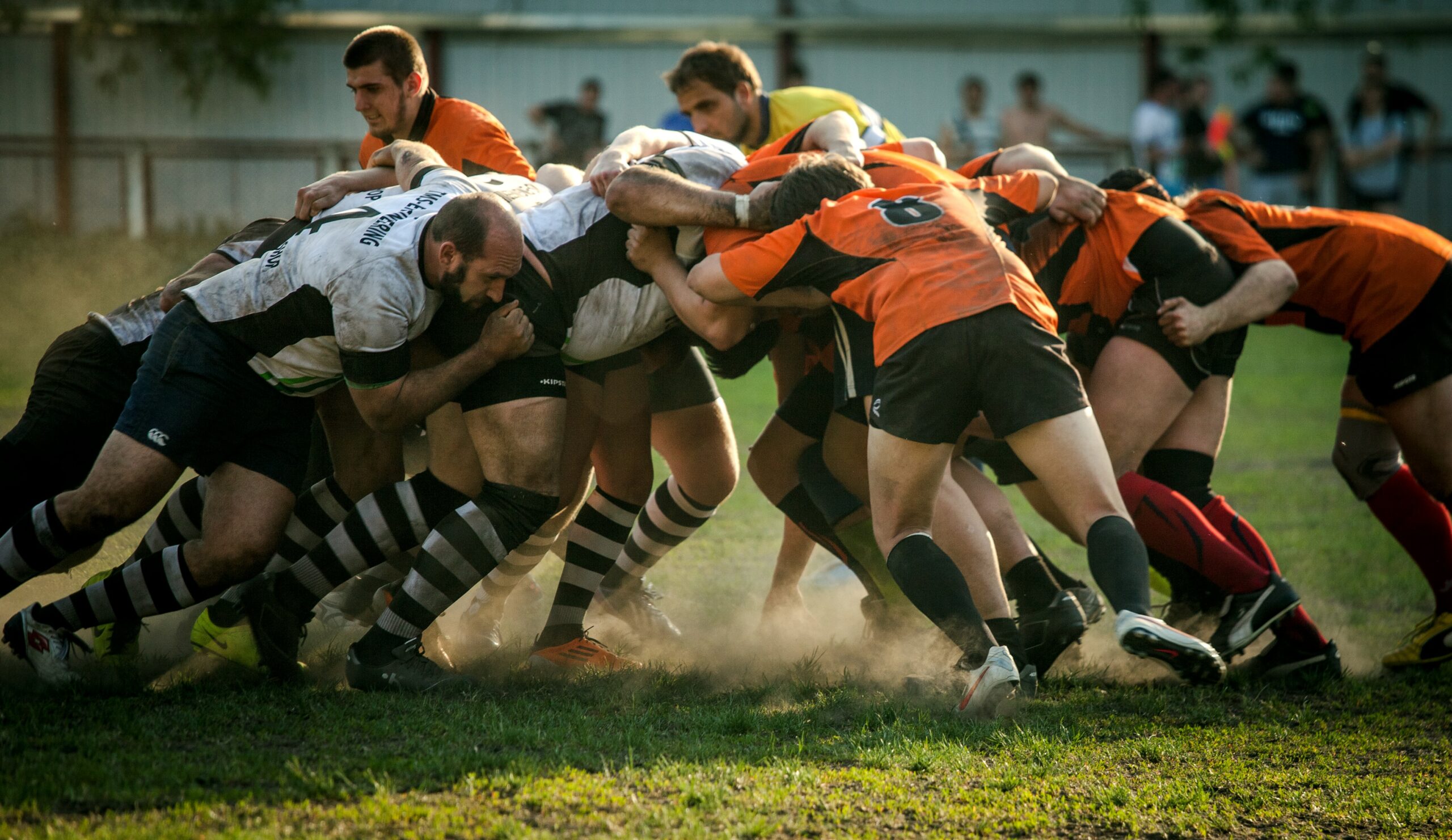
Contact sport is known for its thrills, risks, and at times brutal spectacle, but at what cost? Chronic traumatic encephalopathy, CTE, is a neurodegenerative disease associated with repeated blows to the head. Its troublesome and tragic symptoms include aggressive behaviour, depression, memory loss and suicidal thoughts. And as a progressive disease, the problems can begin long after the players have left the field.
From as early as the 1920s, CTE has been associated with contact sports such as boxing, rugby, football, hockey and the NFL; in fact, according to brain expert Dr Emer MacSweeney, the Ancient Greeks were aware of the link between brain injury and sport. And yet, it was only in 2022 that the US National Institutes of Health formally recognised a clear correlation between repeated blows to the head and CTE – a position inharmonious with that of The Concussion in Sport Group, which is supported by Fifa, World Rugby and the IOC.
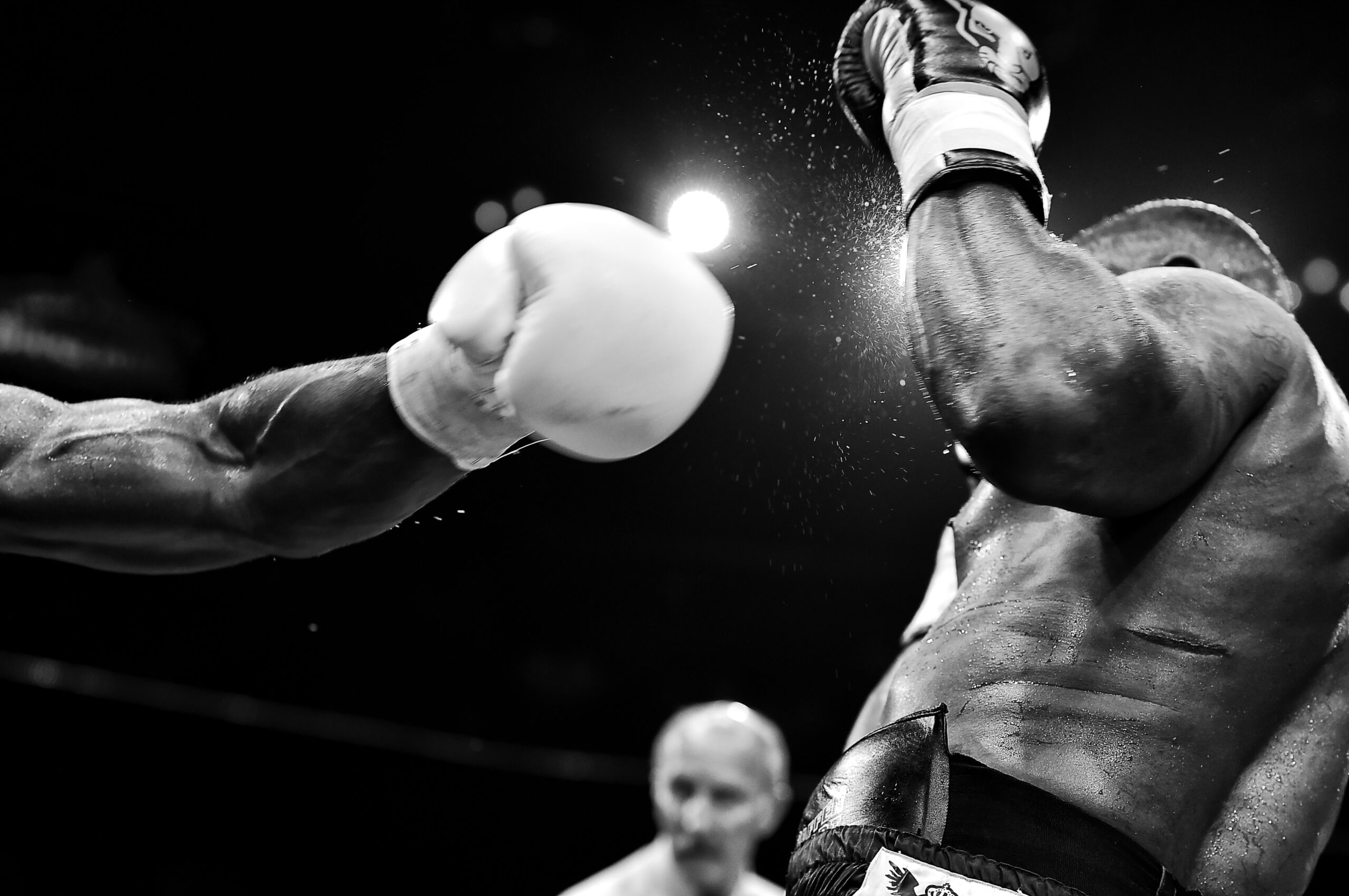
While data and studies proliferate, there has been a real resistance to change in the sporting arena, with realities downplayed. For sporting conglomerates, the facts are at odds with the very nature of the game, its physical disposition deeply interwoven in its monetary stakes. Recognising the risks also means rejecting the game’s notions of masculinity and spectacle – components deeply interwoven into the fabric of society. Race also intersects with the condition’s impacts, with problematic racial methods used in dementia claims by the NFL to deny settlements to black NFL retirees.
'Recognising the risks also means rejecting the game’s notions of masculinity and spectacle'
In her new book, A Delicate Game, Hana Walker-Brown thoughtfully and thoroughly uncovers the truth about brain injury in sport and beyond with in-depth research and interrogation into the disease, its victims, and those responsible. She looks at the human stories behind the headlines, as well as the social dynamics that send young men into violent and dangerous pursuits. It is sure to change your entire perspective on contact sports and make you question the physical cost of the sports you love.

Steve Thompson's moving and raw memoir, Unforgettable, tells a similar story. Steve Thompson is a world-cup-winning rugby player who was once at the heart of every scrum; he has since been diagnosed with early-onset dementia and probable chronic traumatic encephalopathy. Steve can’t even remember being at the World Cup, and has since packed away any reminders of his successful career, as they are simply too painful for him to bear; "I feel like a phoney", he says in a documentary with the BBC, "It feels like I haven't done it." He later remarks, ‘If you had a headache, you were just given headache pills. It wasn't known as an injury. It would be like: “At least you haven't pulled your hamstring, so you can still run.”’ It’s a tragic fate, to be unable to recall the glory that came with the pain.
"I feel like a phoney ... It feels like I haven't done it." - Steve Thompson
Change does seem afoot, with Scottish footballers now prohibited from heading the ball before and after matches and The FA trialling the removal of deliberate heading in football matches across U12 level and below in England. However, terms like CTE are still relatively unknown among the masses, with so many still unaware of the risks. Books such as A Delicate Game and Unforgettable are vitally important in raising awareness of the risks faced in sports today in order to prompt a shift in attitudes and rules, and we urge everyone to get reading.
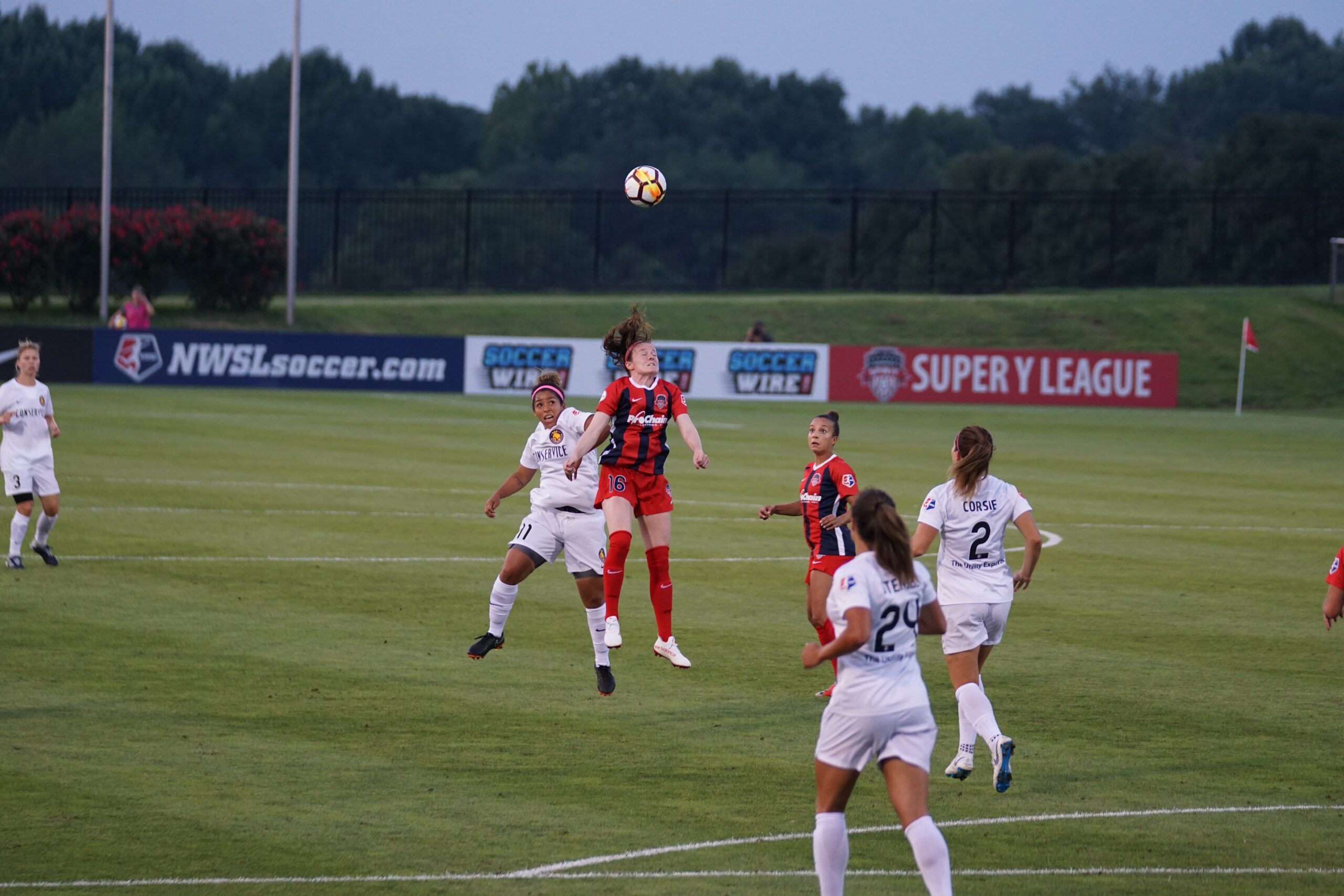
A Delicate Game by Hana Walker-Brown is shortlisted for the Vikki Orvice Award for New Women’s Sports Writing.
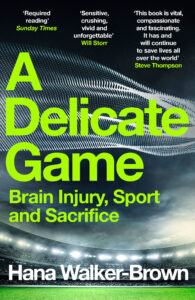
Unforgettable: Rugby, Dementia and The Fight of My Life by Steve Thompson is shortlisted for the Francis Clark Financial Planning Rugby Book of the Year, in association with the Rugby Union Writers' Club.
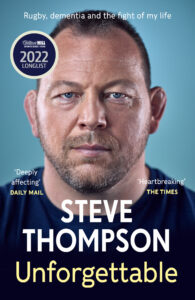
Find all of our 2023 shortlisted books here.
| Cookie | Duration | Description |
|---|---|---|
| cookielawinfo-checkbox-analytics | 11 months | This cookie is set by GDPR Cookie Consent plugin. The cookie is used to store the user consent for the cookies in the category "Analytics". |
| cookielawinfo-checkbox-functional | 11 months | The cookie is set by GDPR cookie consent to record the user consent for the cookies in the category "Functional". |
| cookielawinfo-checkbox-necessary | 11 months | This cookie is set by GDPR Cookie Consent plugin. The cookies is used to store the user consent for the cookies in the category "Necessary". |
| cookielawinfo-checkbox-others | 11 months | This cookie is set by GDPR Cookie Consent plugin. The cookie is used to store the user consent for the cookies in the category "Other. |
| cookielawinfo-checkbox-performance | 11 months | This cookie is set by GDPR Cookie Consent plugin. The cookie is used to store the user consent for the cookies in the category "Performance". |
| viewed_cookie_policy | 11 months | The cookie is set by the GDPR Cookie Consent plugin and is used to store whether or not user has consented to the use of cookies. It does not store any personal data. |